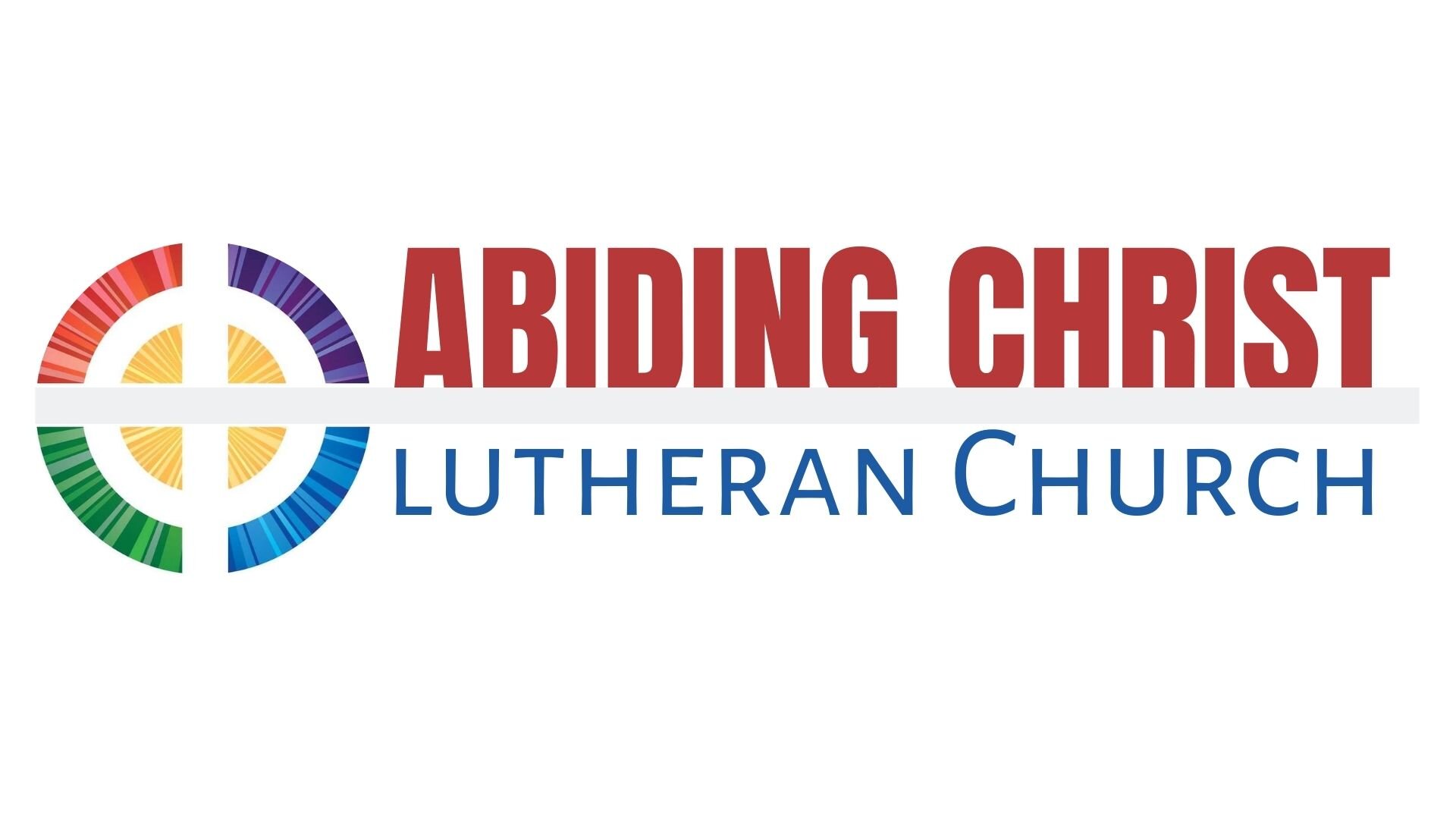Bernard, Abbot of Clairvaux
John 4:7-12
7 Beloved, let us love one another, because love is from God; everyone who loves is born of God and knows God. 8 Whoever does not love does not know God, for God is love. 9 God’s love was revealed among us in this way: God sent his only Son into the world so that we might live through him. 10 In this is love, not that we loved God but that he loved us and sent his Son to be the atoning sacrifice for our sins. 11 Beloved, since God loved us so much, we also ought to love one another. 12 No one has ever seen God; if we love one another, God lives in us, and his love is perfected in us.
Bernard, Abbot of Clairvaux, 1153 – August 20
(From Festivals and commemorations by Philip H. Phatteicher)
Bernard, the third of seven children, was born of noble lineage in a village near Dijon, France, in 1090. He studied at a monastic school. His mother died when he was seventeen, and he was deeply affected. In the year 1111 Bernard withdrew from the world and was soon joined by four of his five brothers and other relatives, joining the Cistercian Order that followed excessive asceticism. After three years Bernard was chosen abbot of a new monastery. One source notes that “it's hard to know how to characterize Bernard of Clairvaux. On the one hand, he is called the "honey-tongued doctor" for his eloquent writings on the love of God. On the other hand, he rallied soldiers to kill Muslims. He wrote eloquently on humility; then again, he loved being close to the seat of power and was an adviser to five popes. What is clear is this: 400 years after his death, he was still widely quoted by Catholics and Protestants, both of whom claimed his support.” https://www.christianitytoday.com/history/people/moversandshakers/bernard-of-clairvaux.html
His best known work is On the Love of God, where he writes: “The cause of our loving God is God, for he is both origin of our love and its final goal. He is himself the occasion of human love; he also gives the power to love and brings desire to its consummation. In his essential being he is himself the Lovable One, and he provides himself as the object of our love. He desires that our love for him result in our happiness, not that it be empty and void. His love both opens up the way for our love and is our love’s reward. How kindly does he lead us in love’s way, how generously he returns the love we give, how sweet is he to those who wait for him! He is rich to all who call upon him, for he can give them nothing better than himself. He gave himself to be our Righteousness, and he keeps himself to be our great Reward. He sets himself to the refreshment of our souls and spends himself to free the prisoners. You are good, Lord, to the soul that seeks you. What, then, are you to the soul that finds you? The marvel is, no one can seek you who has not found you already. You desire us to find so that we may seek, to seek so that we may find. We can both seek you and find you, but we can never anticipate you, for though we say, “Early shall my prayer come before you,” (Psalm 88:13) a chilly, loveless thing that prayer would be, were it not warmed by your own breath and born of your Spirit.”
Let us pray…. Almighty God, your Holy Spirit gives to one the word of wisdom and another the word of knowledge, and to another the word of faith. We praise you for the gifts of grace imparted to your servant Bernard, and we pray that by his teaching we may be led to a fuller knowledge of the truth which we have seen in your Son, Jesus Christ our Lord. Amen.

